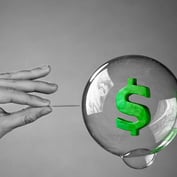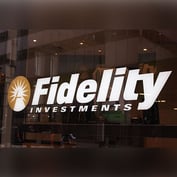Americans are growing concerned that this is about as good as it gets.
Consumer confidence slumped in July by the most in almost four years as households became less upbeat about the outlook for the economy, employment and their finances, figures from the New York-based Conference Board showed Tuesday.
Swings in stock prices stemming from the Greek financial crisis and weakness in China took a toll, according to the group, showing why Federal Reserve policy makers may want to consider international events in determining when to raise interest rates. Outsize moves in confidence have been common this year, underscoring erratic consumer temperament that poses a risk to already uneven household spending.
“It’s a bit of a surprise and may prove a little erratic,” said David Sloan, senior economist at 4Cast Inc. in New York. “If the stock market weakness recently extends further, a turnaround might be harder. But energy prices have slipped and that could give some support to consumers.”
The Conference Board’s index retreated to 90.9 this month from a revised 99.8 in June. The July reading, the weakest in 10 months, was lower than the most pessimistic forecast in a Bloomberg survey of economists.
The 8.9 point drop also marked the biggest negative surprise since February 2003. The median forecast was 100, with estimates ranging from 97 to 103 after a previously reported 101.4 in June. The gauge has moved at least five points in five of the first seven months of the year.
Consumer Expectations
The Conference Board’s gauge of consumer expectations for the next six months slumped to the lowest since February 2014. There was a smaller decline in the group’s measure of present conditions.
“A less optimistic outlook for the labor market, and perhaps the uncertainty and volatility in financial markets prompted by the situation in Greece and China, appears to have shaken consumers’ confidence,” Lynn Franco, director of economic indicators at the Conference Board, said in a statement.
Americans’ assessments of current and future labor-market conditions deteriorated. The proportion expecting more jobs to become available in the next six months decreased to the lowest level since November 2013.
Income Expectations








 July 28, 2015 at 10:53 AM
July 28, 2015 at 10:53 AM










